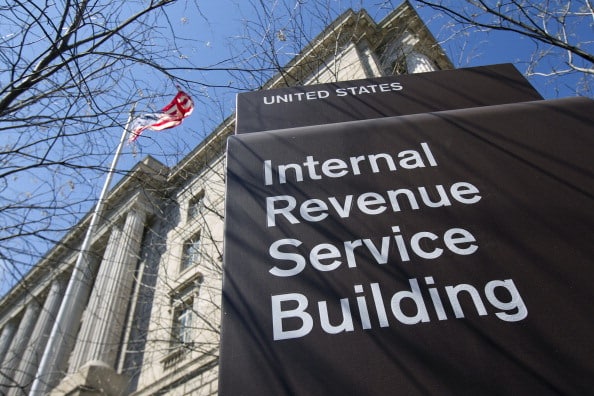In a significant move to enhance the Internal Revenue Service’s (IRS) capabilities, President Joe Biden has proposed a $12.3 billion budget for the IRS in fiscal year 2025. This funding level matches the agency’s 2023 allocations but represents a decrease from the $14.1 billion proposed for 2024. The initiative underscores the administration’s commitment to cracking down on tax evasion by wealthy individuals and companies, aiming to ensure fair tax contributions across the board.
The proposed budget, designed in harmony with last year’s debt-limit agreement, seeks not only to maintain robust IRS operations but also to rejuvenate and extend the provisions of the 2022 tax-and-climate law targeted by recent Republican opposition. IRS Commissioner Danny Werfel emphasized the importance of sustained annual funding for the agency’s daily functions, enabling strategic use of the Inflation Reduction Act’s funds for long-term modernization efforts.

Over recent months, the IRS has demonstrated the impact of enhanced funding from the 2022 tax-and-climate law, stepping up its fight against tax fraud, improving systems, and pursuing those evading their tax responsibilities. Additionally, the White House has requested $104.3 billion in mandatory funding for 2026-2034 to further bolster taxpayer services, technology upgrades, and enforcement capabilities.
This financial strategy follows a tentative agreement between Biden and then-House Speaker Kevin McCarthy to reduce the IRS’s tax-and-climate law funds by about a quarter. Lawmakers are now racing against time to finalize appropriations, including for the IRS, by a March 22 deadline to avert a partial government shutdown.
Moreover, the budget accompanies Treasury Department proposals to intensify penalties for wealthy individuals willfully failing to file tax returns and to adjust taxation on corporate jets, reflecting ongoing efforts to ensure tax compliance and equity.
This bold fiscal plan marks a critical step…
Read the full article here

Leave a Reply